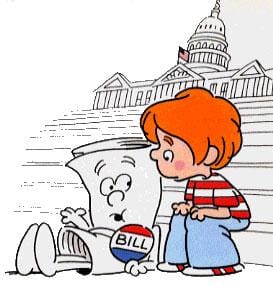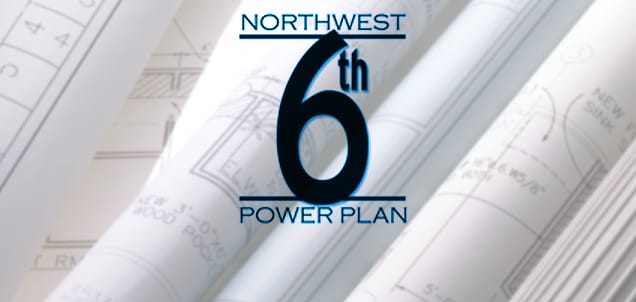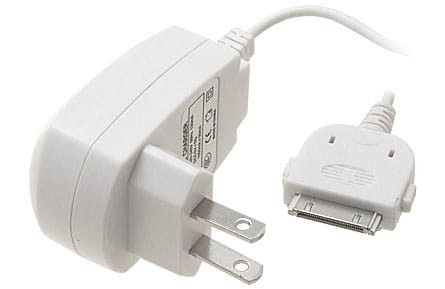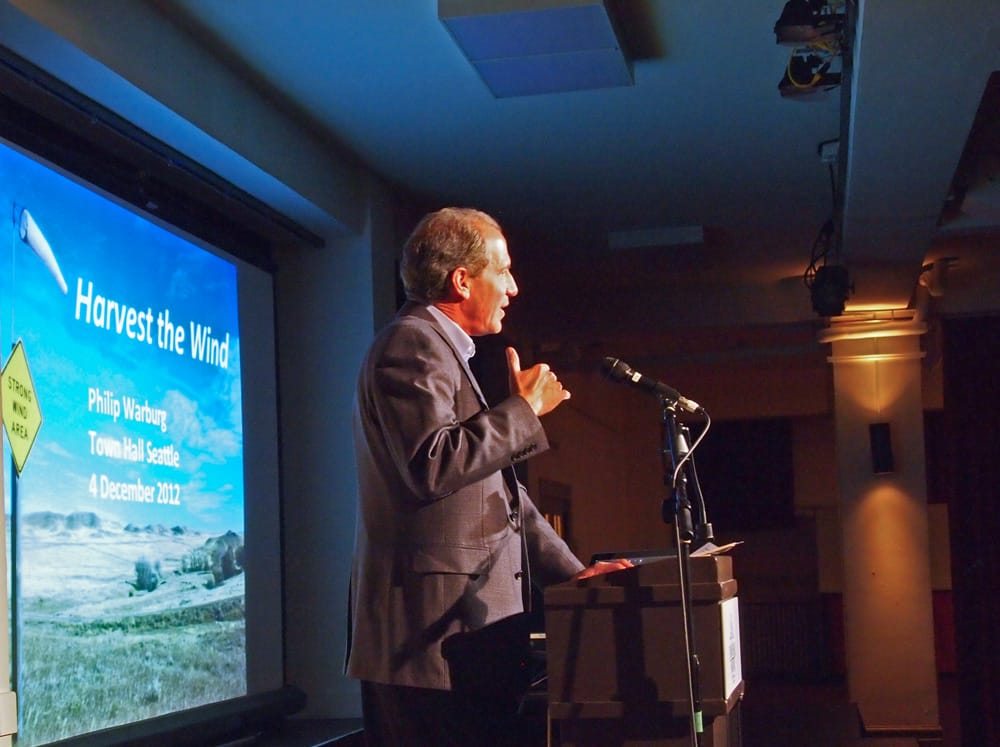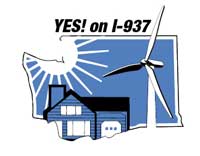Energy Efficiency
High-benefit, low-cost efficiency bill dies in Washington state Senate
A commonsense, non-controversial bill that would have cut $60 million a year from Washingtonians’ utility bills died today in the Senate Energy, Environment and Telecommunications committee.
Committee chair Senator Doug Ericksen (R-Ferndale) opted against calling for a vote on Substitute House Bill 1017, Equipment Efficiency Standards, prior to the 10 a.m. cutoff. Failure to advance the bill is a great disservice to families and businesses throughout the state…
Washington state media lends support to energy efficiency
Two major Washington media outlets have come out in support of energy efficiency and Senate/House Bill 1017. The measure sets efficiency standards for those ubiquitous battery chargers used by the growing number of electronic devices in our homes, as well as industrial and recreational chargers for forklifts and golf carts. The worst of these chargers waste up to 60 percent of the electricity they consume.
Power plan assessment shows energy efficiency on track to meet regional goal
An assessment by the Northwest Power and Conservation Council shows that the efficiency of electricity use continues to improve and that the region is on track to meet the Council’s goal to improve efficiency. Meanwhile, development of renewable resources, mainly wind power, has continued but the pace may slow in the future.
Washington's SHB 1017 – Equipment Efficiency Standards
Good for the Consumer, Good for the Environment, Good for the Economy
Already, refrigerators, furnaces, exit signs, commercial hot-food holding cabinets and many more products are meeting federal or state efficiency standards. HB 1017 would add the next generation of low-cost, high benefit measures to Washington’s existing efficiency standards, saving energy, reducing water waste and saving millions of dollars on consumer utility bills..
Celebrating Washington's Clean Energy Success
Voters passed Initiative 937 in 2006 to build on Washington’s clean energy heritage. At the time, new renewable energy made up less than 1% of the region’s electricity mix, even…
Coalition-presented energy efficiency and renewable energy events highlight where we are and where we’re going
Dec. 4, 2012, was a busy day for Seattle-area clean energy advocates. In two packed events co-hosted by the NW Energy Coalition, community members came together to delve deeply into critical energy efficiency and new clean renewable energy topics.
Idaho Statesman: Energy-efficiency success stories
J.R. Simplot Co. has embraced energy efficiency as a core business value. The Idaho food, fertilizer and chemical company has dramatically reduced its use of electricity and natural gas, saving millions of dollars annually.
The company says energy-efficiency improvements since 2009 have yielded natural gas savings of 1.3 trillion British thermal units and 390,821,028 kilowatt-hours of electricity. The electricity reduction is equivalent to taking 35,400 homes off the grid. The reduction also saved 95,056 tons of greenhouse-gas emissions, like taking 29,929 cars of the road.
Here are three other successes…Read more at the Idaho Statesman
PSE, Mason, Lewis and Grays Harbor reach clean energy benchmarks
Regional electricity providers from Puget Sound Energy to Grays Harbor County Public Utility District recorded impressive accomplishments over the first reporting period for Washington’s clean energy law, Initiative 937. “These utilities should be commended for their energy efficiency achievements, which will save money for their customers,” said Nancy Hirsh, policy director for the Coalition.
Battery charger standards in contention
A broad coalition of energy efficiency, environmental, and public interest organizations, consumer groups, and energy providers (including the NW Energy Coalition) sent a letter today encouraging the Department of Energy to strengthen the proposed efficiency standards for battery chargers. DOE’s initial proposal sacrifices hundreds of millions of dollars in energy savings and seriously risks increasing national energy use and greenhouse gas emissions compared to simply permitting state standards to continue to exist.
BPA Integrated Program Review – Energy efficiency talking points
Download a .doc version here BPA Integrated Program Review Energy efficiency talking points NW Energy Coalition July 13, 2012 The Bonneville Power Administration is setting its budget for the 2014-15…


